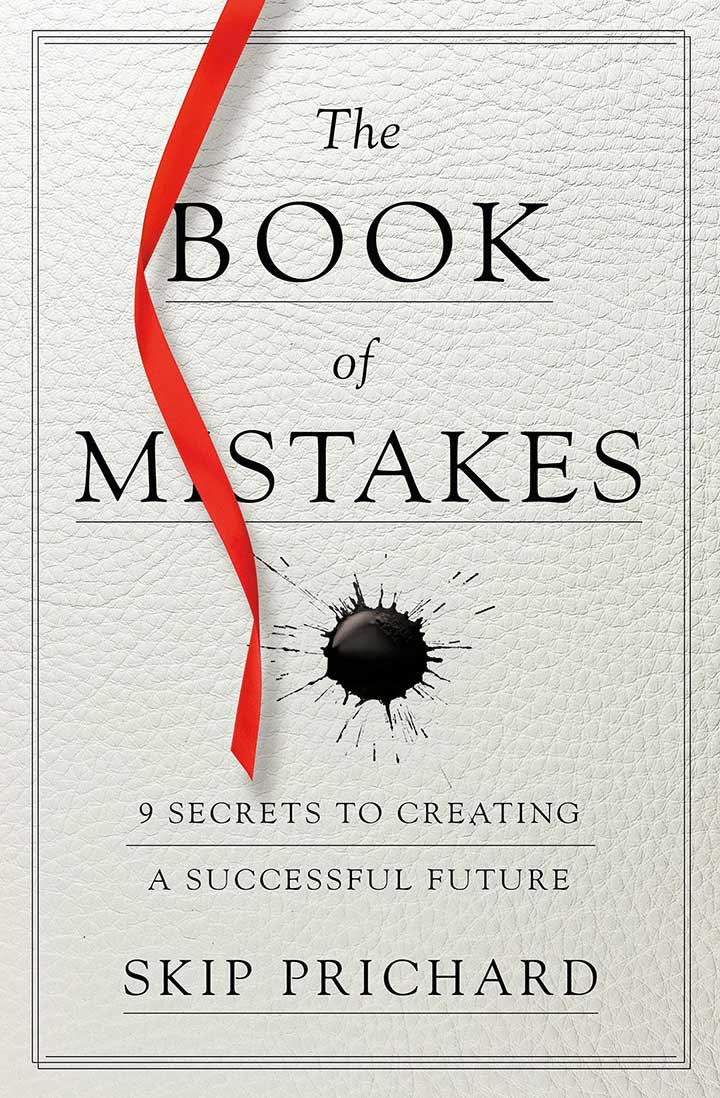Leadership Gratitude
Years ago, I recall working on a major project for months. Every individual on the team was expected to do his or her own regular day job, and also work on this massive initiative on the side. At night. On the weekends. In whatever spare time you could find.
I recall the brutal travel required to get it all done. The entire team finished, and it culminated in a big presentation at company headquarters. Visiting executives were positioned in a large conference room, listening to the findings and recommendations of the group.
What that team did was impressive, and the executives in the room were pleased. That was clear because they immediately adopted the suggestions.
But they didn’t tell us. They didn’t say anything.
The team had imagined that they would take us all out for a big celebratory dinner. It didn’t happen. Instead, we simply faded back into the daily activities that consumed us before it all started.
The problem was a senior management failure to recognize the huge contribution of the team. The senior executives had an entitlement mentality. I am sure that, if you asked any one of them, they would say, “Well, that’s what they are paid for!” Or, under significant stress, they simply did not think about it.
Having served as a senior leader for many years myself, I am conscious of this more than ever. In the busyness of the job, in the pressure of the need to perform, it isn’t always easy to remember to pause and say thanks. We are on to the next thing and there are dozens waiting in line.
Ask yourself, how often have I been guilty of the same behavior?
Leaders Express Thanks
Leaders stop and express gratitude.
Leaders regularly look for ways to show gratitude to those who make a difference in their lives.
Sam Walton said it incredibly well when he said, “Nothing else can quite substitute for a few well-chosen, well-timed, sincere words of praise.”
When should a leader express gratitude? What does leadership gratitude look like?
Gratitude is best when it is:
Specific. There are occasions when thanking a large group is appropriate, but it is much more effective when you praise specific individuals and specific actions. Think about it. If the boss thanks everyone, how special do you feel?
Authentic. Regardless of how it is expressed, it must be authentic. I’ve seen one leader who can get the message across with a fist bump. Another with a yell from the podium. The key is that the leader is expressing thanks authentically.
Timely. It is always best to give thanks in a timely way. Write the note, express what impressed you, thank them as close to the event as possible. A “thank you” received months later is nice but loses its power.
Unexpected. This one may be a surprise on the list, but think about it. If you get a thank you note from a newlywed couple for the gift you gave, it’s rather expected. But if someone surprises you with a thank you, it’s a whole different thing. When you get a note from a co-worker thanking you, completely unexpected, that can have an incredible impact.
Sincere. If it feels like the leader is giving thanks out of obligation or part of a process, it loses all power.
Duplicatable. When a leader shows gratitude for specific actions, it encourages others to duplicate those actions.
Personalized. Individualized gratitude is the skill of a refined leader. That means knowing the person. Some people may truly not enjoy public praise. Others relish in it. Targeted gratitude is knowing what works best.
Reminder: It’s Not About the Position
And now a reminder: leadership is not positional. The above list is not limited to “the boss.”
You are a leader.
Leaders are the people who motivate and inspire and drive things forward, regardless of where they sit. And expressing gratitude is not limited to those at the top of the organizational chart. It’s a practice for all. In fact, those who master it may find that they are given more opportunities than others.
Make it your practice this year to express gratitude and watch your leadership potential expand.


